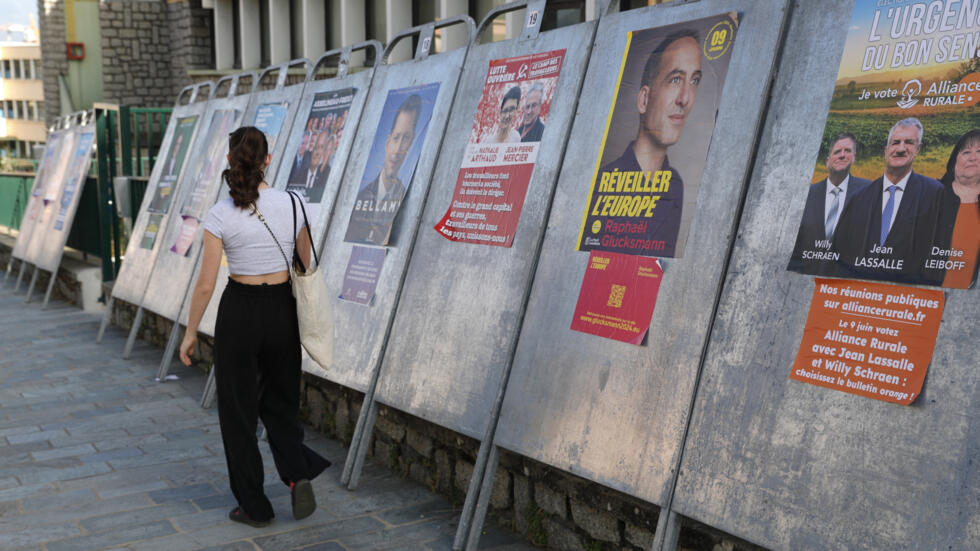The Green Party presents itself in Germany as a party that opposes the shift to the right, advocates for the preservation of German democracy, and emphasizes the importance of protecting the environment. While the Greens tend to avoid discussing asylum policy, the increasing strength of right-wing parties in Europe and the more restrictive immigration policies implemented by the European Union have made the issue of asylum too significant to overlook.
The party held its mini-party congress, known as the State Council, in Potsdam. At the previous congress in 2023, asylum policy was the main topic of discussion. This year, the working group of the Federal Office for Migration and Refugees, which includes participation from party members, presented a motion opposing the outsourcing of asylum procedures to third countries like Rwanda.
The motion included a scathing critique of the refugee deal that European Commission President Ursula von der Leyen is negotiating with Lebanon. The deal aims to return Syrian refugees to Syria. Instead, the motion proposed a federal admission program that would allow groups of Syrian refugees to resettle in Germany, offering an alternative to sending them back to Syria.
Curiously, the party withdrew the motion before the State Council convened. Some interpret this as the party’s reluctance to make headlines over the immigration policy debate just days before the European elections. The party’s stance could be interpreted as advocating for allowing more refugees into Germany.
The party limited itself to passing the main proposal agreed upon with the Federal Executive Council. The party’s principal stance is that the Rwanda model is inhumane and should not be emulated. The party may reintroduce its position if coalition negotiations begin with the European People’s Party (EPP) after the elections, especially since the EPP holds a similar stance. The Greens might have to make concessions on asylum policy at the main party conference this fall.
In the context of the elections, the party is working hard to uphold its core vision. This means that they are rejecting any deal that poses a threat to human rights. This stance is generally well-received and does not attract criticism or controversy. Svenja Borgschulte, the party leader in Berlin and head of the Migration and Refugees Organization, stated during the conference that the Greens must stand against any deal that violates human rights. Borgschulte expressed gratitude towards the Greens group in the European Parliament for their defense of the party’s unwavering values, which must continue to remain unchanged in the future.
The party does not anticipate achieving significant results in the upcoming European elections, considering that in the previous elections held in 2019, they received 20% of the votes. During that time, the Greens enjoyed strong support from the “Fridays for the Future” movement, with climate protection being a widely endorsed issue at the European level. However, this time around, the party expects to only secure 14% of the votes.





